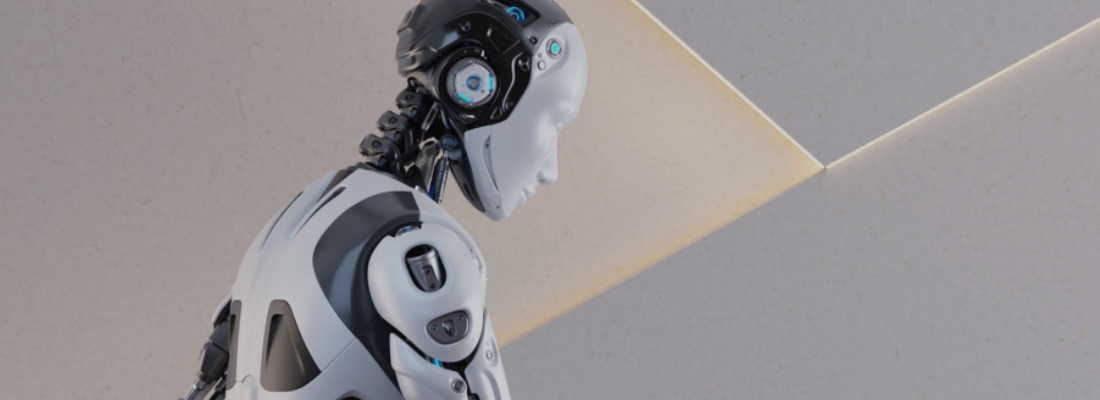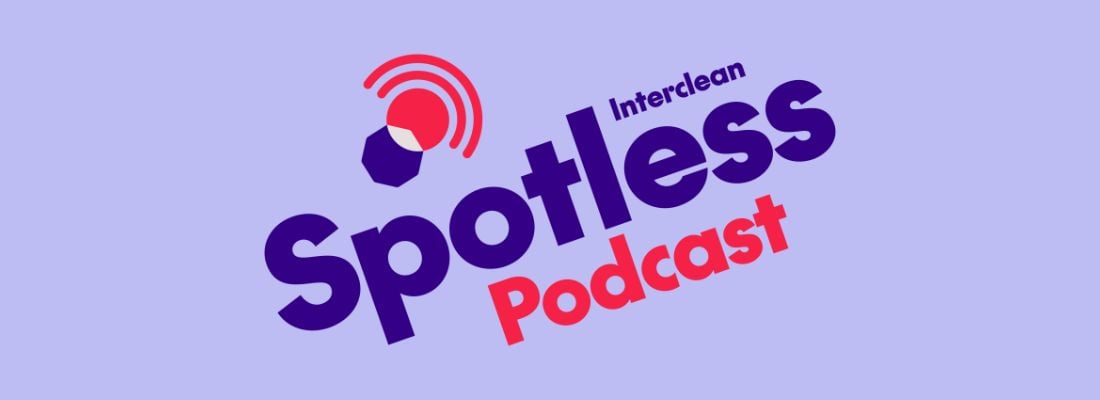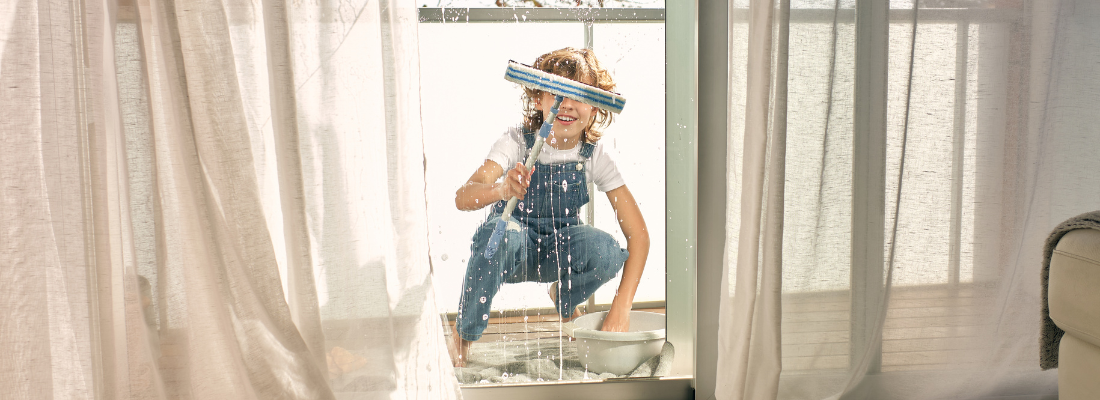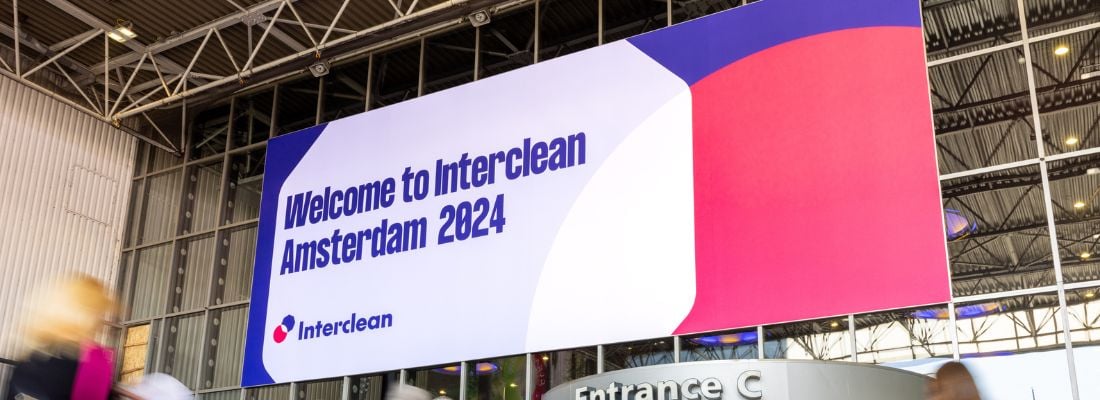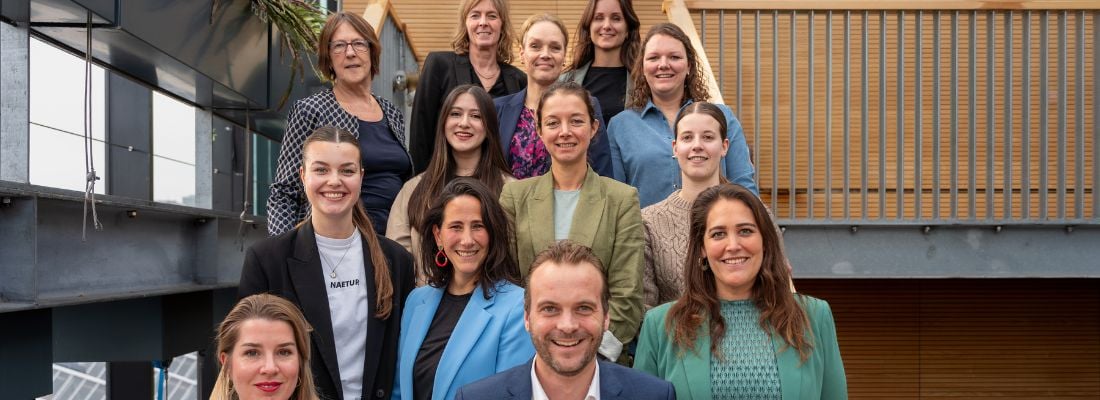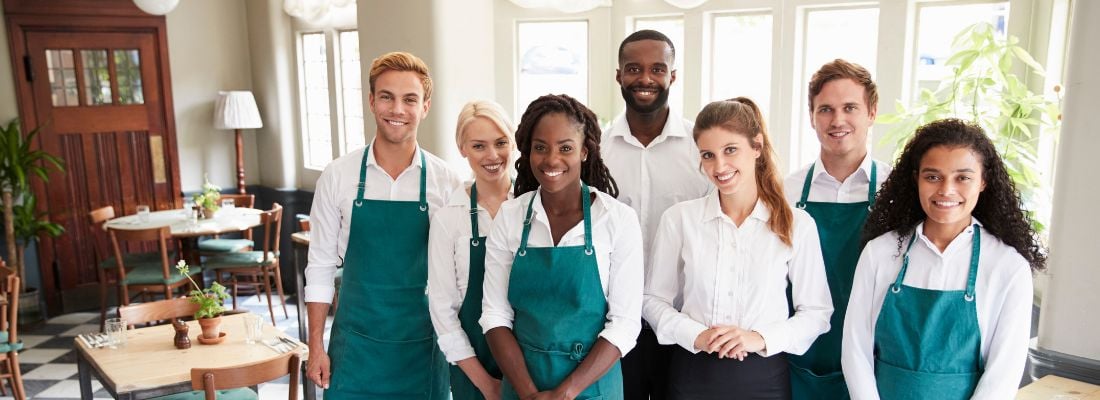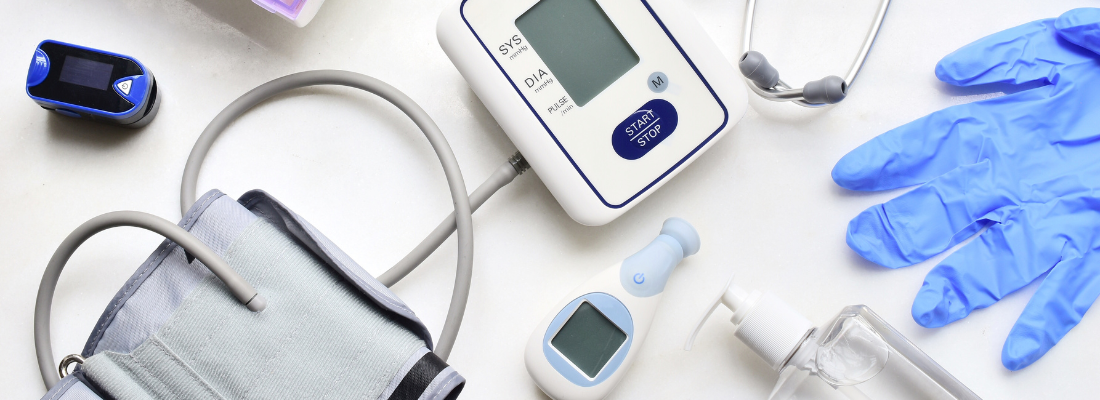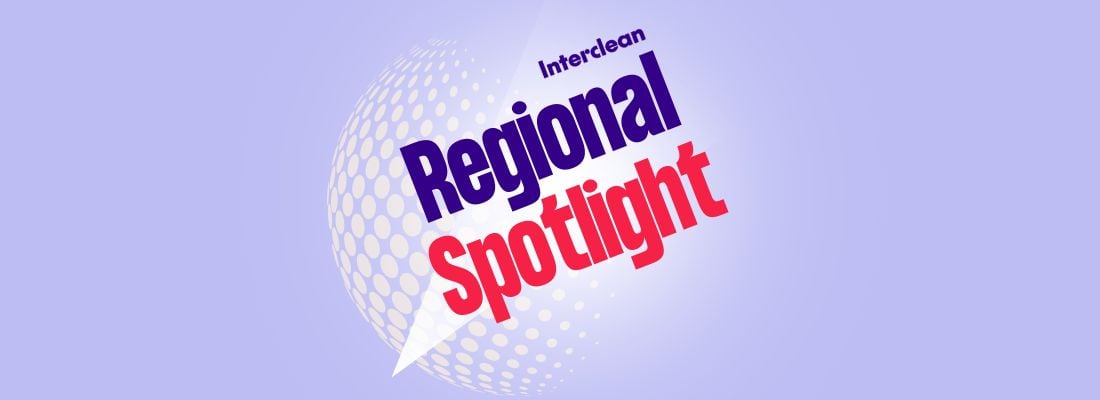Welcome to our monthly series, Regional Spotlight, where we explore exciting innovations in cleaning and hygiene across various regions. As a global platform for sharing knowledge, trends, and insights, Interclean is proud to bring you the latest developments from the international cleaning industry.
This month, we zoom in on the cleaning & hygiene market in Brazil, in conversation with Patrícia Oliveira, Executive Director of Interclean’s partner organisation: Abralimp.
How would you describe the current state of the cleaning and hygiene industry in your country?
The cleaning and hygiene industry in Brazil is currently in a phase of transformation and moderate growth. Post-pandemic, we've seen a surge in demand for professional cleaning services, especially in sectors like healthcare, logistics, and corporate environments.
However, the market is now stabilising, with companies shifting focus from emergency hygiene measures to long-term strategies around efficiency, compliance, and sustainability. We're not seeing explosive growth anymore, but there is sustained investment in modernisation and quality improvement.
“The industry is no longer operating in crisis mode, we’re entering a more mature phase focused on structure and sustainability,” says Patrícia Oliveira.
What are the top 3 trends that are shaping your market right now?
- Sustainability is a clear market shift. Eco-friendly cleaning products and water-saving practices are in high demand, and there's growing pressure for biodegradable chemicals and green certifications. Multinational and large national clients now often include sustainability requirements directly in their service contracts.
- Professionalisation and formalisation are also shaping the market. More companies are adopting formal training and certification for cleaning professionals. As clients become more sophisticated, they expect trained staff who understand different surface materials, chemical handling, and infection control. This has led to a growing trend toward technical certification and internal career paths in large cleaning firms.
- Technology integration is on the rise. Use of software and apps for service scheduling, quality tracking, and staff management is growing. From cloud-based workforce management to IoT-enabled dispensers and sensor-based task planning, digital tools are becoming essential. Even mid-sized cleaning companies are adopting technology for service monitoring, asset tracking, and quality control.
Are there any standout innovations or technologies being adopted in your country?
Autonomous cleaning machines are starting to be adopted in larger facilities. We are seeing an increase in the use of robotic floor cleaners in airports, malls, and hospitals. Although the adoption is still limited by cost, the technology is proving reliable and cost-effective in large environments.
Some companies are piloting AI-based route optimisation tools and IoT-enabled dispensers that notify when supplies are low. Several platforms are being tested or deployed that use AI for task scheduling and resource forecasting, helping reduce labour costs and improve SLA compliance.
Meanwhile, more businesses are transitioning to biodegradable and non-toxic products. Suppliers are innovating in low-impact, highly concentrated cleaning solutions that reduce packaging waste and improve logistics. This is especially relevant for clients with net-zero or broader sustainability goals.
“Sustainability and innovation are no longer optional, they’re part of the service value,” Patrícia adds.
Which sectors are driving most of the demand for new solutions, and why?
Healthcare is leading the way. Hospitals and clinics require high-standard disinfection protocols and are highly regulated by ANVISA. The sector demands specialised procedures, such as terminal disinfection, and cleaning providers must maintain rigorous operational standards and undergo regular audits.
Corporate offices are also investing more in cleaning, especially with the return to in-person work. The hybrid model is driving demand for on-demand and visible cleaning services. Clients want lean, cost-efficient operations with the flexibility to scale services up or down.
Retail and shopping centres are focusing on consistent hygiene due to high foot traffic and customer expectations. Additionally, warehouses, food processing plants, and industrial facilities are growing segments, influenced by regulatory requirements and a rising awareness of health and safety standards.
What are the biggest challenges for cleaning professionals or companies in your country today?
Labour shortage is one of the biggest challenges. Recruiting and retaining trained staff is a major issue, especially for high-standard operations. High turnover is a chronic problem, as many professionals see cleaning as temporary work. The challenge is to create career plans, offer training, and formalise employment conditions to attract and retain talent.
Cost pressure is another significant issue. Inflation and currency fluctuations increase the cost of imported materials and equipment. Despite the push for quality, many clients still focus heavily on price, which leads to aggressive competition and margin pressure, particularly in public sector bids.
Client education is also a persistent challenge. Many clients still prioritise cost over quality, making it hard to implement high-tech or sustainable solutions. A large portion of the market is still served by small, informal operators who don’t follow best practices. This creates unfair competition and makes it harder to raise industry standards across the board.
“The price war and lack of client education hold back progress. We need to shift the conversation toward value and long-term impact,” says Patrícia.
How has the role of data or digital tools changed how cleaning is managed in your market?
Apps for quality control are now widely used. Tools like Facility Management Software and mobile apps help monitor service performance in real time and ensure better visibility and accountability.
Some facilities are starting to use predictive maintenance. Sensors track usage and optimise cleaning schedules based on real-time data, making operations more efficient and reducing unnecessary interventions.
Cloud-based staff management tools help coordinate large teams across multiple sites. These platforms improve scheduling, communication, and resource allocation, enabling smoother operations at scale.
Are there any recent local policies, certifications, or regulations that are impacting the industry?
Environmental regulations in Brazil are becoming stricter and directly affect which chemicals and packaging materials can be used. New federal and state policies push for reduced chemical emissions and the proper disposal of hazardous waste. Clients now often request Selo Verde (Green Label) or other eco-certifications when tendering contracts.
Healthcare facilities must comply with strict ANVISA protocols, which are frequently updated. The industry is also impacted by Brazil’s labour laws on outsourcing and benefits. The 2017 labour reform had a significant impact, and many cleaning professionals are now hired via service providers under strict compliance rules.
Worker rights and formalisation laws also influence contract structure and cost, particularly in hospitals and clinics, where compliance with RDC 222/2018, covering waste management and cleaning procedures, is mandatory.
Can you share figures or market data about the industry in your country?
The Brazilian professional cleaning sector represents over R$40 billion (approximately USD 8 billion) annually, with an average yearly growth of 5–6% post-COVID.
The sector employs between 1.6 and 2 million professionals, depending on the estimate, with around 70% working under outsourced service arrangements. Over 35,000 formal companies operate in this space, but a significant informal market still exists, especially in residential and small business segments.
